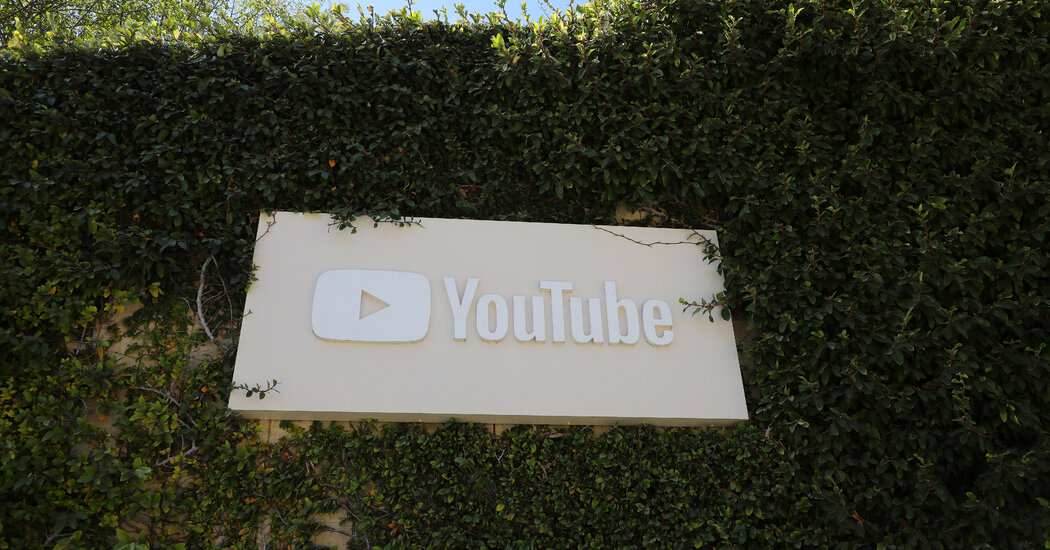After a research report last week found that YouTube’s advertising practices had the potential to undercut the privacy of children watching children’s videos, the company said it limited the collection of viewer data and did not serve targeted ads on such videos.
These types of personalized ads, which use data to tailor marketing to users’ online activities and interests, can be effective for finding the right consumers. Under a federal privacy law, however, children’s online services must obtain parental consent before collecting personal information from users under 13 to target them with ads — a commitment YouTube extended to anyone watching a children’s video.
Now Fairplay, a prominent children’s group, is challenging the company’s privacy statements. The group said it had used advertising placement tools from YouTube’s parent company, Google, to run a $10 ad campaign this month targeted at different groups of adults, exclusively on children’s video channels.
The ads were shown to users in consumer segments selected by the children’s group — including motorcycle enthusiasts, high-end computer aficionados and avid investors — on popular channels including “Cocomelon Nursery Rhymes,” “Talking Tom” and “Like Nastya,” according to a placement report Fairplay received from Google. In total, the group’s ads were placed 1,446 times on YouTube children’s video channels.
Adalytics, the company that published the research first reported on by The New York Times last week, said it had analyzed similar ad campaigns on children’s channels from several other media buyers.
On Wednesday morning, Fairplay, the Center for Digital Democracy and two other nonprofit groups lodged a complaint with the Federal Trade Commission, asking the agency to investigate Google and YouTube’s data and advertising practices on videos made for children.
In a letter to Lina M. Khan, the F.T.C. chair, the groups said the new research “raises serious questions” about whether Google had violated federal children’s privacy rules.
Michael Aciman, a Google spokesman, said: “The conclusions in this report point to a fundamental misunderstanding of how advertising works on made-for-kids content. We do not allow ads personalization on made-for-kids content, and we do not allow advertisers to target children with ads across any of our products.”
Google said it continued to abide by child privacy commitments it made to the F.T.C. It added that some YouTube channels feature a mix of videos for children and adults and that, as a result, it was possible that Fairplay had received audience segment reports for ads appearing on videos that were not made for children.
This is not the first time that Fairplay and the Center for Digital Democracy have pressed the F.T.C. to investigate Google and YouTube over children’s privacy. In a complaint to the agency in 2018, the two organizations, along with 21 other groups, accused the company of improperly collecting data from children who watched children’s videos.
In 2019, the Federal Trade Commission and the State of New York found that the company had illegally collected personal information from children watching children’s channels. Regulators said the company had profited from using children’s data to target them with ads.
Google and YouTube agreed to pay a record $170 million to settle regulators’ accusations.
“There are very few legal protections for children online,” said Josh Golin, the executive director of Fairplay. “One of the few obligations that platforms like YouTube have is to not use children’s personal information to track them or serve personalized ads.”
[ad_2]
Source link


